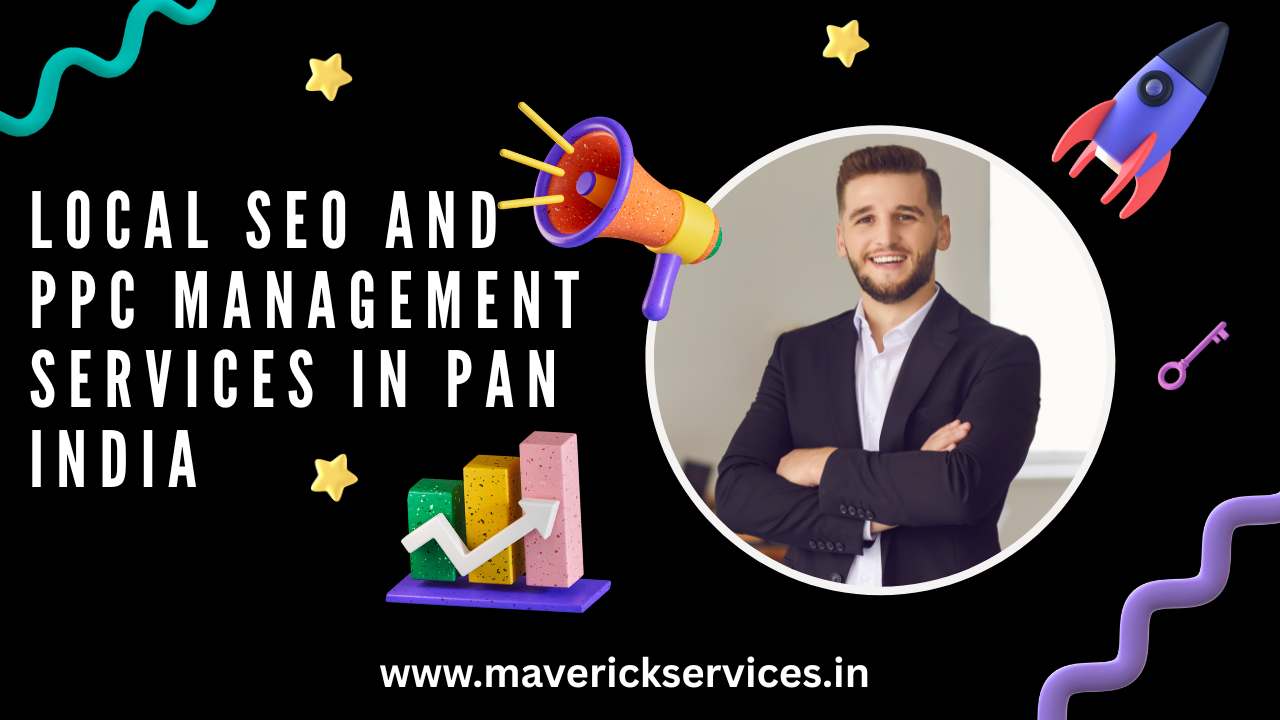These days, establishing an online presence is no longer a choice it’s necessary. You may have a business, a blog, or you provide services such as mental health counselling. No matter what, SEO (Search Engine Optimization) comes into play when it comes to how easily your target audience can locate you in the virtual world. One of the most basic aspects of SEO is keyword usage. But what are keywords, and why do they matter so much in enhancing your website’s rankings?
In this comprehensive guide, we’ll explore what keywords are, how they work in SEO, and the best practices to make them work for you.
What Are Keywords?
Keywords are the words or phrases that people type into search engines like Google when looking for information, products, or services. For instance, if someone types “best psychologist in Delhi,” that phrase is a keyword.
Keywords serve as a connection between what individuals are looking for and the information you provide. If your information is relevant to such keywords, the site of yours is likely to show up in search engine results.
Examples of Keywords:
Single word: Psychologist
Short phrase: Anxiety therapy
Long-tail keyword: Top online counseling for depression in India
The more descriptive the keyword, the more specific your audience is.
Why Are Keywords Important for SEO?
Search engines such as Google employ sophisticated algorithms to crawl, index, and rank websites. Keywords inform these algorithms about what your content is.
Here’s why they’re important:
1. Increased Visibility
Applying the correct keywords makes your website visible in related search results. If you’re providing counselling services in India, applying keywords such as “mental health counselling India” can attract users who are actively searching for your service.
2. More Targeted Audience
Strategic keyword application means you are attracting people who are interested in what you’re offering, and hence, more chances of conversion.
3. More Organic Traffic
The more your content matches what people are looking for, the higher the chances of them finding your site. Organic traffic is inexpensive and long-term sustainable.
4. Content Planning
Keyword research informs you about what your audience is interested in, and it directs your content strategy accordingly.
How Do Keywords Affect Your Google Rankings?
Keywords play a critical role in how Google indexes and ranks your content. However, knowing them isn’t enough—you need to apply them optimally.
1. Where You Put Keywords Matters
To enhance your SEO performance, keywords ought to be present in:
Page titles
Meta descriptions
URLs
Headings (H1, H2, H3)
Image alt text
First 100 words of content
2. Keyword Density
Keyword density is the measure of how many times a keyword is mentioned on a page. Maintain a 1% to 2% keyword density. Keyword stuffing (using keywords too many times) can result in Google penalties.
For instance, in a 1500-word blog, a keyword such as psychology should be mentioned approximately 15–20 times, incorporated naturally into the text.
3. Matching Search Intent
Search intent is the purpose behind a user’s query. Four basic types exist:
Informational: “What is individual counselling?”
Navigational: “Vicimantra counselling services”
Transactional: “Book child psychologist in Delhi”
Commercial: “Best mental health therapy online”
Producing content that matches these intents with the appropriate keywords will assist you in ranking better.
4. Increases Relevance Signals
Search engines are searching for semantic relevance, meaning they know not only the keywords but what’s surrounding them. Adding associated terms, synonyms, and LSI (Latent Semantic Indexing) keywords may enhance your page’s authority and topic depth.
Types of Keywords and How to Utilize Them
Knowing the various types of keywords can enable you to target different points of the buyer’s journey:
1. Short-Tail Keywords
Example: counselling
High volume, high competition
Good for homepage or service landing pages
2. Long-Tail Keywords
Example: cheap teenager’s counseling in India
Low competition, high intent
Best for blogs and niche service pages
3. LSI Keywords
Example: If your primary keyword is therapy, LSI keywords can be mental health, counselling, emotional wellbeing
These add depth to your content contextually
4. Geo-Targeted Keywords
Example: Best psychologist in Karnal
Good for local SEO and physical location targeting
Keyword Research: How to Find the Right Ones
Step 1: Know Your Audience
Know your user’s pain points, wants, and questions. If you’re an online counselling platform like Vicimantra, your users may search for:
“Anxiety help without medication”
“Counselling for marriage near me”
“Top psychologist in India for teenagers”
Step 2: Utilize Keyword Research Tools
These tools assist you in finding out what users are looking for and how competitive the keywords are:
Google Keyword Planner
Ubersuggest
SEMrush
Ahrefs
AnswerThePublic
Step 3: Target Low Competition, High Intent Keywords
Particularly for newer sites, going after long-tail, low-competition keywords provides you with a higher chance of getting ranked.
Where to Place Keywords on Your Site
In order to maximize SEO performance, put keywords in these important locations:
Location Purpose
Title Tag Main keyword should be used once
Meta Description Insert 1–2 keywords naturally
Header Tags H1 for main keyword, H2/H3 for secondary keywords
URL Insert main keyword in a clean, readable format
Body Text Naturally spread your keywords, particularly in the first 100 words
Alt Text for Images\tAccessibility and SEO assistance
Anchor Text for Links\tLink to descriptive, keyword-heavy phrases
Keyword Mistakes to Avoid
Even when done in good faith, using keywords incorrectly can harm your SEO. Be careful to avoid these usual mistakes:
❌ Keyword Stuffing
Stuffing your content with too many keywords overwhelms readability and results in search engine penalties.
❌ Using Irrelevant Keywords
Don’t make use of trending words that don’t relate to your content for the sake of driving traffic. It raises your bounce rate and impacts your credibility.
❌ Overlooking Search Intent
If your content is not exactly what the user is looking for, they’ll jump ship quickly—poor SEO performance.
❌ Failing to Update Keywords
Things go out of style. Update your keyword strategy on a regular basis to remain topical in your niche.
How Keywords Fit into a Complete SEO Strategy
While keywords are crucial, they’re only part of the SEO equation. Use keyword strategy in combination with:
High-quality content development
Mobile optimization
Quick website load time
Backlink acquisition
On-page and off-page SEO strategies
Schema markup and structured data
All these aspects, with keyword optimisation, can further increase your website’s visibility.
The Future of Keywords in SEO
With improvements in natural language processing and AI, search engines are transitioning from intent-matching to keyword-matching. It implies that your content needs to be:
Helpful
Contextually relevant
Natural and conversational
Google BERT and MUM tools now better understand semantics compared to the past, and keyword stuffing or writing for robots no longer works.
Instead, write to answer real user queries and deliver value with properly structured content.
Conclusion
In SEO, keywords are your key to visibility, relevance, and engagement. They inform search engines about what your content is and enable users to find you in the midst of internet noise.
Used carefully, keywords:
Enhance your Google rankings
Attract qualified traffic
Enable your content strategy
Enable you to reach the right audience





